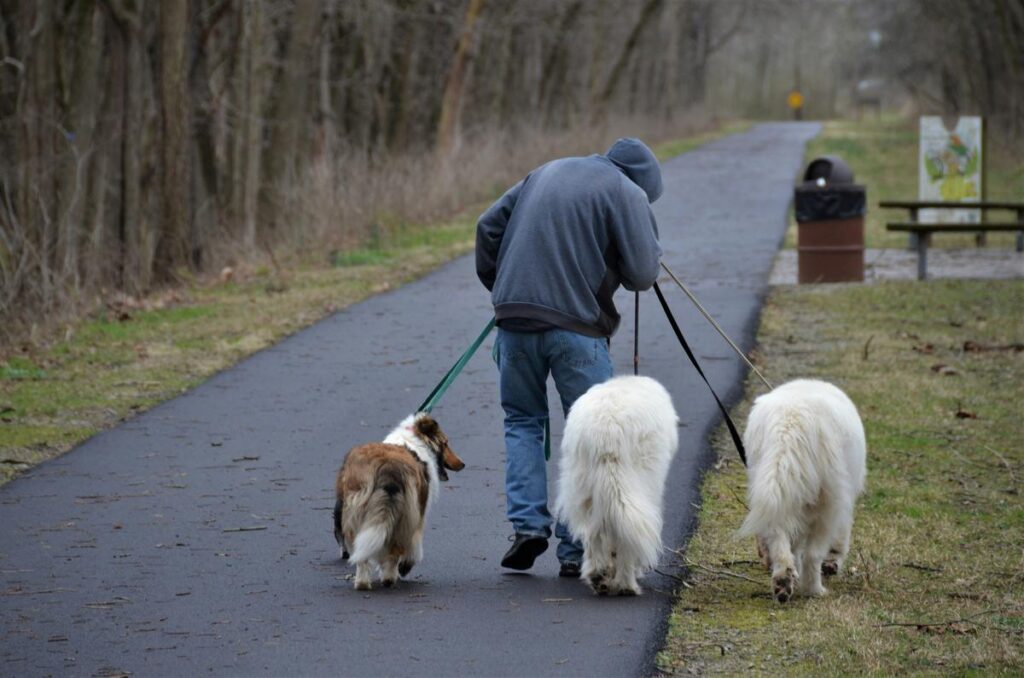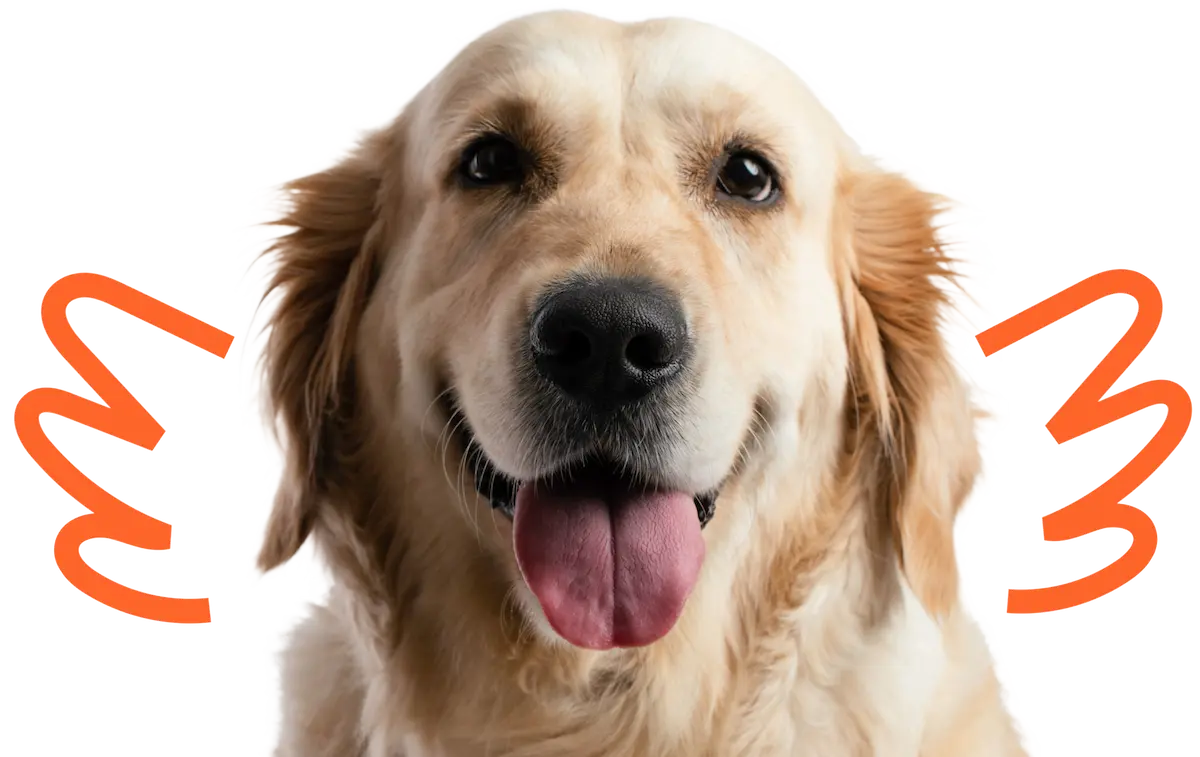If you have ever heard that unmistakable honking cough coming from your beloved pup, you may have found yourself searching, Can I walk my dog with kennel cough? As dog lovers and caring owners, we all want what is best for our furry family members. At GoWalkies, we understand how concerning kennel cough can be, and how tricky it is to balance their need for exercise with responsible pet care. Let’s explore what the vets say, how to keep your pup happy and healthy, and exactly what you need to know about walking a dog with kennel cough.
What is Kennel Cough and Why Is It So Contagious?
Kennel cough is the common name for infectious tracheobronchitis, a respiratory illness in dogs. It is similar to the human cold and is caused by a mix of viruses and bacteria, most notably Bordetella bronchiseptica. The hallmark symptom is that persistent, hacking cough that often sounds like a goose honk. But your dog may also have watery eyes, a runny nose, or even mild lethargy.
What makes kennel cough especially challenging is how easily it spreads. The infection is airborne, easily passing through shared water bowls, toys, or even a quick sniff at the park. Highly social dogs or those who visit kennels and daycares are especially at risk. If your dog is otherwise healthy, kennel cough is usually more of a nuisance than a crisis. However, for puppies, elderly dogs, or those with chronic health issues, it can become much more serious.
Can I Walk My Dog With Kennel Cough? The Straight Vet Advice
When you hear that cough, your first instinct may be to reach for the lead and head out as usual. Here is the expert advice: it is best not to walk your dog in public while they are showing symptoms of kennel cough. Why? First, exercise, especially anything strenuous, can make their cough worse or prolong recovery. More importantly, taking your dog out and about puts other dogs at risk, kennel cough is highly contagious, even after symptoms start to ease.
That said, every dog is different. A quick trip to the garden for a toilet break is absolutely fine. If your dog has energy to burn, speak with your vet, they can guide you on gentle exercise options at home. Keep in mind, most dogs recover within 1-3 weeks, so with a little patience, you will both be back to joyful countryside strolls in no time.
For more in-depth advice, see these expert guidelines on kennel cough and its management.
How Long Should I Keep My Dog at Home?
Once those coughing fits start, most vets recommend keeping your dog away from other dogs and public spaces for at least 2 weeks or until the cough has disappeared completely. This prevents your dog from acting as a “super spreader,” especially around vulnerable pups, the elderly, or those with underlying respiratory conditions.
During this recovery window, support your dog’s immune system with plenty of rest, fresh water, and gentle affection. Skip group walks, doggy daycares, and grooming appointments until your vet gives you the all-clear. And do not forget about your dog’s mental wellbeing, enrich their days with puzzle toys, short training sessions, or a sunny window seat so they can watch the world go by.
If you have more questions about safely exercising your dog, check out our UK guide on walk frequency and exercise tips.
Indoor Alternatives for Safe Exercise and Stimulation
A little cabin fever is inevitable for an energetic dog stuck at home, but that does not mean walkies have to come to a halt! There are several ways you can provide physical and mental stimulation indoors:
- Interactive toys like food puzzles help satisfy their natural foraging instincts and can keep dogs occupied for ages.
- Training games: Practise recall, sit, stay, and fun new tricks for mental enrichment.
- Short lead walks in your own secure garden (if you have one) are usually a safe alternative to going out in public.
- Snuffle mats let your dog use their nose to find hidden treats, a great workout for their mind and body.
Variety is key! Rotate activities daily and do not be afraid to get creative, a cardboard box can make a brilliant sniff-and-shred challenge for many pups.
You might also enjoy our best tips for maintaining your dog’s wellbeing while staying indoors for more joyful ideas.
Protecting Other Dogs and the Wider Community
One of the most important reasons for keeping your dog at home is out of consideration for your community. Kennel cough may sound benign, but to puppies or dogs with health issues, it is much more than just a cough. Responsible ownership means protecting others as much as your own companion.
While Local Authority rules, like Public Spaces Protection Orders, govern dog behaviour in parks, it is equally vital to follow good pet etiquette any time infectious illness is a risk. Preventing kennel cough outbreaks helps ensure all our shared walking spots remain safe and welcoming to every member of the pack. Learn more about responsible access and restrictions in your local area in this advice from The Kennel Club on public space rules.
What About Dogs That Love Social Walks?
Social walks are the highlight of many a dog’s week, from countryside rambles to local dog group meetups. When kennel cough strikes, it is natural for both you and your pooch to miss those interactions. But think of this time as a short, necessary “pawse.” As soon as your vet says your dog is clear to mingle again, you can return to group walks and even join in local events, like charity dog runs or fun shows. These gatherings are a wonderful way for both dogs and humans to enjoy the community spirit we all love.
For those who walk multiple dogs, whether as a professional or enthusiastic owner, it’s worth brushing up on key regulations and best practices. You might be interested in our guide to the number of dogs a professional walker can legally handle at once in the UK.
Preventing Future Cases: Vaccination and Hygiene
Fortunately, there are steps you can take to reduce the risk of kennel cough in the future. Vaccination is available and strongly recommended for dogs that spend time in kennels, daycares, training classes, or any place they might mix with others. The vaccine covers the main culprits, like Bordetella, and can dramatically reduce the chances of infection, or at the very least, make the illness much milder if your dog does catch it.
Good hygiene is equally essential: clean bowls and bedding regularly, avoid sharing toys during outbreaks, and chat to your vet about annual booster schedules. Staying proactive keeps your own dog and every pup they meet as safe and snuggly as possible.
For vaccination and more veterinary details, see The Kennel Club’s complete kennel cough guidance and prevention tips.
Building a Positive Recovery Routine
While kennel cough can feel like an unwelcome interruption to your active life with your canine friend, it is also a time to deepen your bond. Slow the pace, offer lots of reassurance, and remember that recovery days are the perfect chance to teach new tricks, enjoy cuddles, and prepare for even more fun walks once your dog is back to full health.
If your dog’s cough worsens, they become lethargic, stop eating, or seem to struggle to breathe, call your vet as soon as possible for tailored advice. Most of all, support your dog with patience and positivity, you are their home team and biggest cheerleader!
To read more about canine health concerns and how to keep your pup happy through life’s ups and downs, see our in-depth advice on walking a dog with kennel cough.
In summary, when faced with that worry-inducing cough, the best step is to keep your dog home, rest, and shower them with care, rather than heading out for public walks. By understanding can i walk my dog with kennel cough and following vet-approved advice, you protect not just your pup, but every dog in your community. With a little creativity, some indoor enrichment, and a joyful outlook, the kennel cough blues will pass. Very soon, you and your dog will be out making new memories together, healthier, happier, and ready for every adventure the UK’s dog-friendly open spaces have in store!


